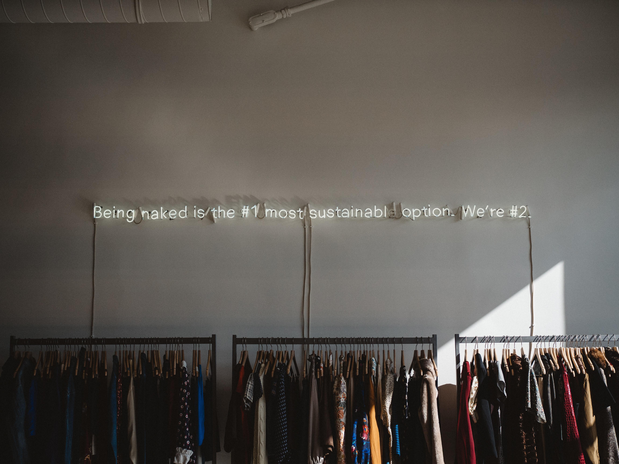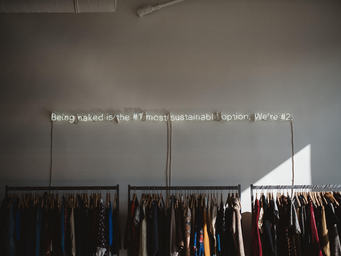The UN Fashion Industry Charter for Climate Action pledges to go Net-Zero by 2050
For the first two weeks of November, Glasgow played host to the United Nations Climate Change Conference, also known as COP26. The two-week climate summit focused on negotiating targets which would limit global warming to below 1.5 degrees Celsius above pre-industrial levels.
In 2018, the UN Fashion Industry Charter for Climate Action was launched at COP24 with the original framework of cutting emissions by 30% by 2030. Last week, the 130 signatory brands of the UN Fashion Industry Charter for Climate Action, including Chanel, Kering, Adidas, PUMA, H&M Group, and Burberry, upgraded their commitment and pledged to reach net-zero emissions by 2050.
Further commitments include cutting emissions in half by 2030 or brands must respond with alternative science-based targets by the end of 2023. Signers of the charter have also pledged to limit coal usage in the supply chain, source eco-friendly materials and utilize exclusively renewable energy sources by 2030. The renewed Fashion Industry Charter was presented at COP26 in conjunction with a call on governments by the brand signees to encourage trade policy which would allow for the use of materials with low environmental footprints.
As the second largest polluter in the world, the fashion industry plays a significant role in climate change. Fashion contributes up to 10% of global pollution, including over 1.5 trillion liters of water, 190,000 tonnes of oceanic microplastic pollution and 92 million tonnes of textile waste per year.
The fashion industry is being pushed into more sustainable practices by the rising number of eco-conscious customers and the threat climate changes poses to their business. A paper published in early 2021 by Cornell University’s New Conversations Project in the School of Industrial and Labour Relations details the dangers of droughts to cotton crops and rising sea levels to garment factories.
In an Op-Ed of COP26 for Vogue Business, Kering’s Chief of Sustainability Marie-Claire Daveu, writes, “At its heart, the luxury industry leads the way when it comes to global trends, and I believe that we have a responsibility to be an integral part of this conversation. I am convinced that it is not an option, but a duty to step up and be vocal… we must not wait for policy to change — the fashion industry must act today.”

